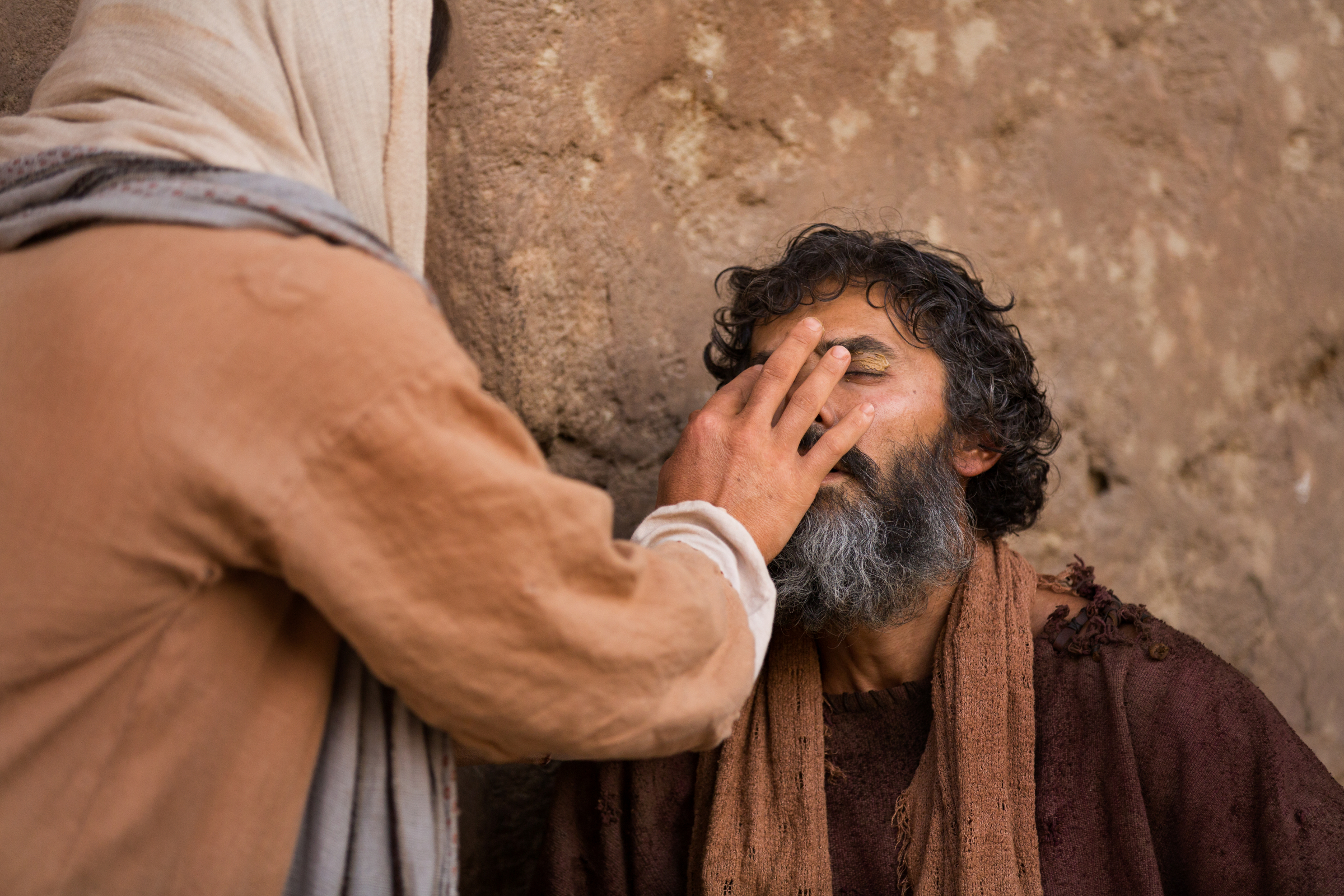This past we ek with grandchildren was a special treat, but the three-hour lay-over in Atlanta made an exhausting return trip. Robert and I stopped to visit over a nice, leisurely meal to catch up.
ek with grandchildren was a special treat, but the three-hour lay-over in Atlanta made an exhausting return trip. Robert and I stopped to visit over a nice, leisurely meal to catch up.
Robert chose a rib-eye to celebrate, but was disappointed in the quality of the cut.
When our server stopped by to see if everything was all right, we said yes, but Robert added, “You might mention to the cook that this rib-eye is a bit tough for a rib-eye.”
The water offered to take it back for another one, but Robert insisted that it was fine, but “was tougher than you’d expect a rib-eye to be, so the cook would probably want to know.”
Shortly afterward, he told us he had mentioned it to the cook. We had further conversation and even shared some ideas for grilling steak.
Near the end of the meal, he returned to the table and said he’d talked with the manager, and was told that we could have a discount on our ticket or have a free desert. He continued, “I don’t do that for everybody. Some people are really ugly, but y’all are good people and were so nice, that I want to do whatever I can to serve you.”
We didn’t ask for special treatment, nor did we expect it, but we received it anyway. This is a simple situation. The reward is minor, but the principle isn’t.
We received special treatment because we “were so nice.” We didn’t do anything special, we simply treated our server with respect, and we showed interest in him as a person.
I’m much like our server. When someone treats me well, I tend to want to do something for them. If they are harsh and demanding, I’m tempted to be harsh toward them. I resist internally, even when I try to act graciously.
If we love out neighbors as ourselves (Lu. 10:27)and treat others as we want to be treated (Mt. 7:12), we will be nice to them. We’ll treat them with respect, be interested in them as people, and will listen to them. We won’t always be offered a discount on our meal, but we will sow peace and good will. Consequently, there will be reward.
I was recently with a family that shows respect to their children in such a way that caught my attention because it is unusual. They listened carefully to their children and responded graciously. They were kind and gracious in their tone even when rushed and distracted. I couldn’t help but notice their reward. It was evident in their children.
The children respond with quick obedience and with respect. They play together peacefully and help each other. They do their chores with enthusiasm and without constant reminders. It was amazing.
They are children and are still in training. I’m sure there are bumps in the road, but the pattern has been set by the parents. They require discipline, but they are kind, caring, and respectful toward their children. And they are reaping what they have sowed.
The same principle applies with a spouse, a co-worker, a neighbor, or a disgruntled sales clerk. We can set the tone for relationships.
It’s really simple. All we have to do is obey the Word–love our neighbor and treat him or her like we’d like to be treated.
Simple, and yet sometimes it’s so hard, because we walk in our shoes. Without God’s help, we only see from our perspective, holding our hurts from the past, insecurities, and weaknesses. We must look beyond those things. We need to step into their shoew to always be sensitive, showing love and compassion.
That need is good because it makes us always dependent on our Maker. In order to relate to those around us well, we need to die to self, take up our cross and follow. Daily. Throughout the day. It’s a life style. (See Mt. 16:24-25 and Mt. 10:38.)
As I child, I learned, “Do unto others as you would have them do unto you” (Mt. 7:12). I understood it was a good thing to practice. I even understood that’s how I wanted to be treated, and that it led to good relationships.
I didn’t understand how hard it can sometimes be to live it out. It can feel right to expect, and even demand, a tender piece of steak when you pay extra to get one–much less when more important matters that go wrong.
But Jesus did not demand that things go His way. He saw with compassion and treated others with love and respect. If we follow Him, we will do unto others as we want them to do to us.
 tinue to convict me, “As Jesus passed by, He saw . . ..”
tinue to convict me, “As Jesus passed by, He saw . . ..” had compassion for the blind beggar sitting by the road. He cared, and He
had compassion for the blind beggar sitting by the road. He cared, and He  I want to be quick to see the need and quick to obey—even if (when) I’m absorbed in my own world.
I want to be quick to see the need and quick to obey—even if (when) I’m absorbed in my own world.